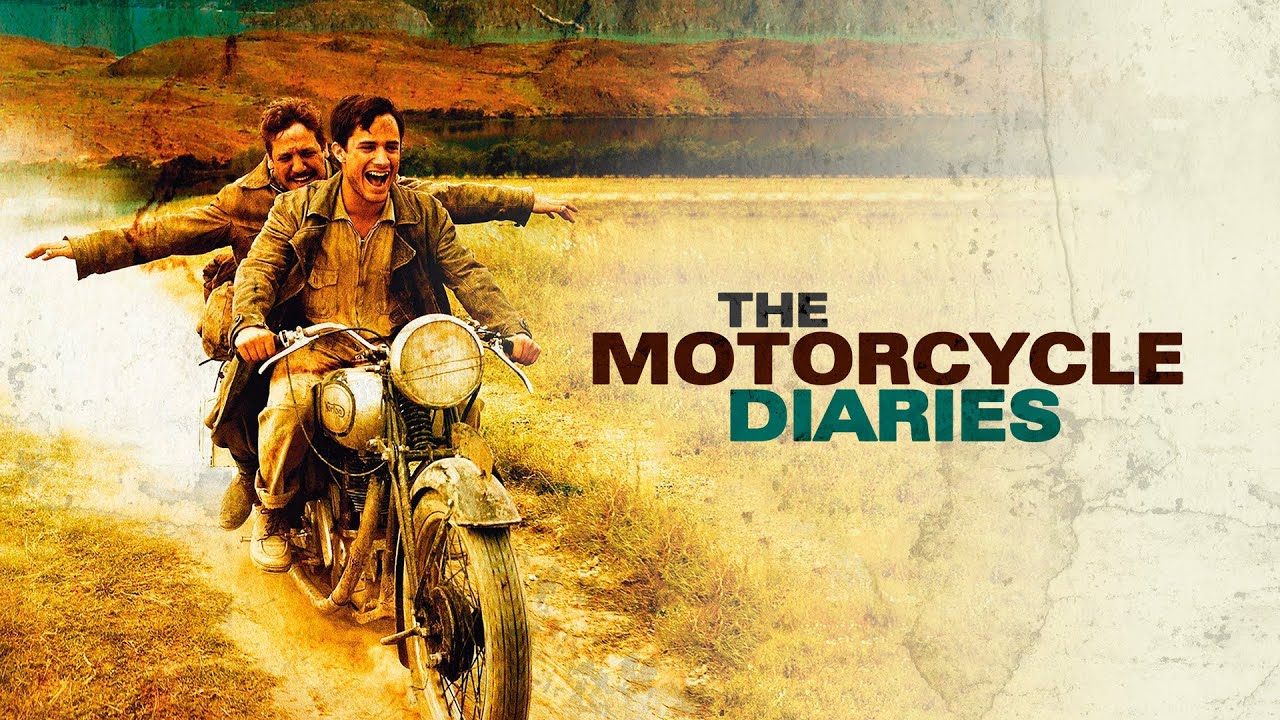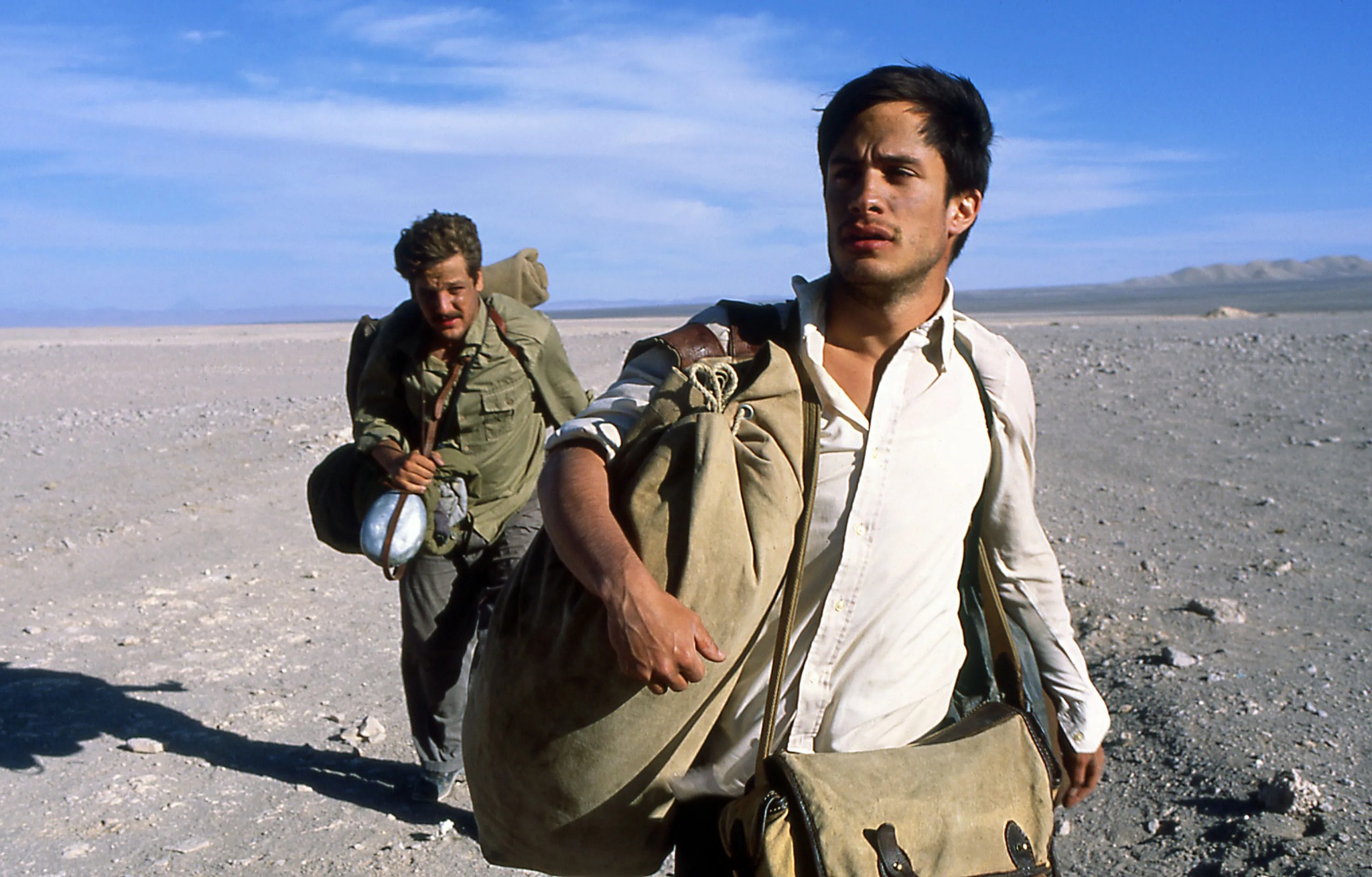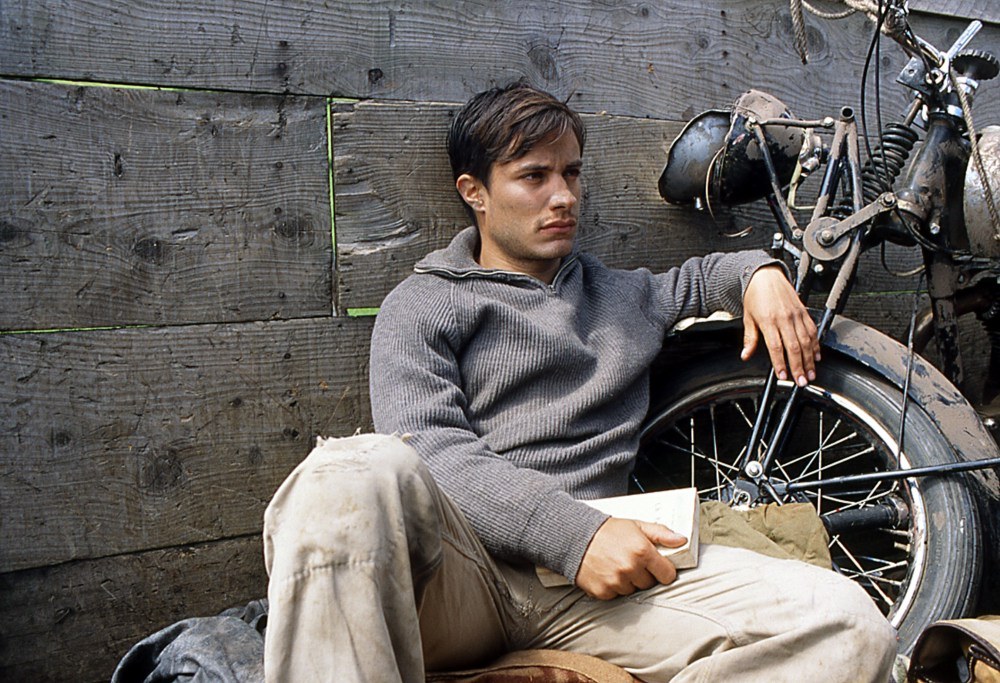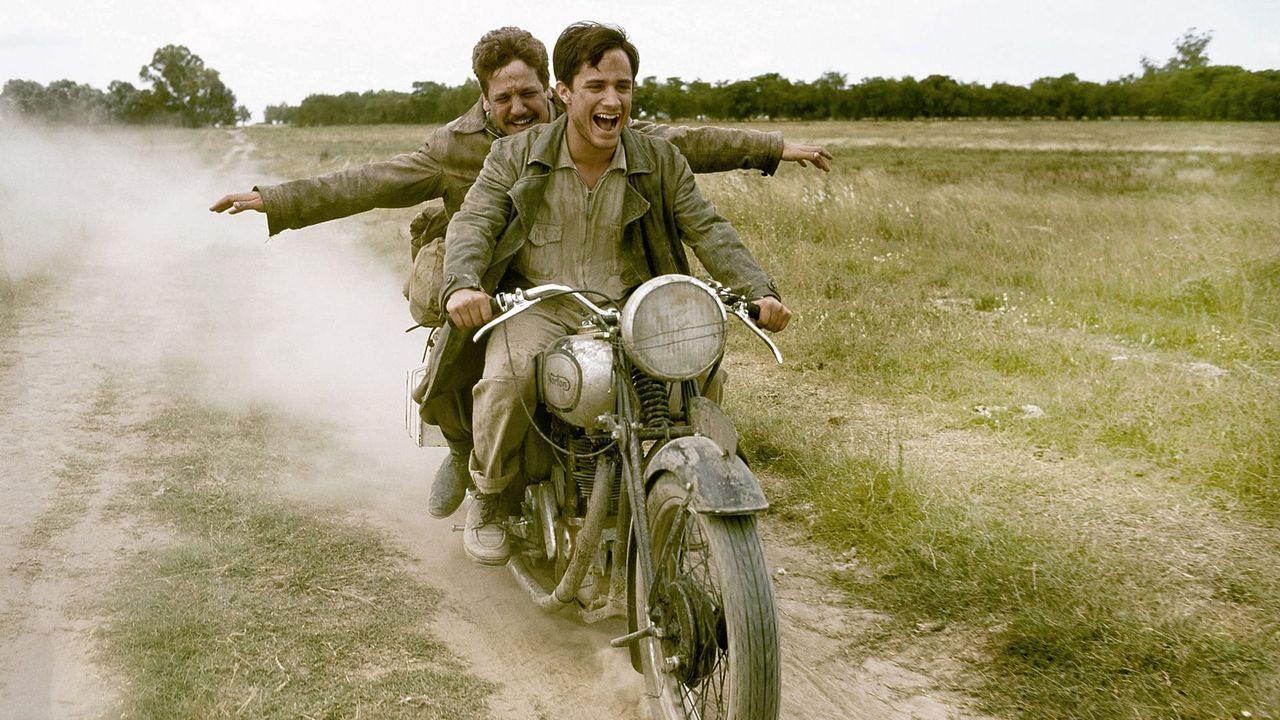The Motorcycle Diaries (2004)

The Motorcycle Diaries is a 2004 biographical film that chronicles the journey of a young Che Guevara, who would later become an iconic revolutionary and Marxist leader. Directed by Walter Salles, the film is based on the memoir of Guevara, written when he was just 23 years old. The story follows his transformative trip across South America with his friend Alberto Granado, as they travel on a dilapidated motorcycle. The film is not only a road movie but also a deeply human exploration of Guevara’s evolution from a medical student to a revolutionary figure.
The plot follows Ernesto “Che” Guevara (played by Gael García Bernal) and his friend Alberto Granado (Rodrigo de la Serna) as they embark on a motorcycle journey across South America. Their trip begins with youthful enthusiasm and a sense of adventure but soon evolves into a profound experience that exposes them to the harsh realities of poverty, inequality, and injustice. The journey takes them through various countries, where they witness the struggles of the marginalized and disenfranchised people, which leaves a lasting impression on Che.
One of the central themes of The Motorcycle Diaries is the idea of transformation. Throughout their travels, Che begins to question the social structures that perpetuate inequality and oppression. The encounters with indigenous workers, lepers, and the poor ignite a sense of social justice in him. His experiences during this journey lay the foundation for the revolutionary ideals that he would later champion. The film beautifully captures the emotional and intellectual growth of a young man who becomes aware of the injustices that will shape his future actions.

The performances in The Motorcycle Diaries are outstanding, particularly that of Gael García Bernal as Che Guevara. Bernal portrays Che with warmth and authenticity, capturing the character’s internal conflict as he begins to understand the realities of the world around him. Rodrigo de la Serna, playing Alberto Granado, provides the perfect complement to Bernal’s performance, offering both humor and companionship throughout the journey. Together, their chemistry adds depth to the story, highlighting the bond between the two friends as they face life-changing experiences.

The cinematography in The Motorcycle Diaries plays a significant role in immersing the audience in the vast landscapes of South America. The film beautifully captures the diverse terrain, from the lush jungles to the barren deserts, symbolizing both the beauty and the struggles of the continent. The stunning visuals also serve to enhance the film’s themes, as the journey not only takes the characters through physical spaces but also through an emotional and ideological transformation.

In conclusion, The Motorcycle Diaries (2004) is a powerful and inspiring film that tells the story of Che Guevara’s formative years. Directed by Walter Salles, the film effectively portrays Guevara’s evolution from an idealistic medical student to a revolutionary leader. With exceptional performances, breathtaking cinematography, and a compelling narrative, The Motorcycle Diaries offers a thought-provoking exploration of identity, social justice, and the power of personal transformation. It remains an unforgettable journey into the life of one of the most influential figures of the 20th century.











